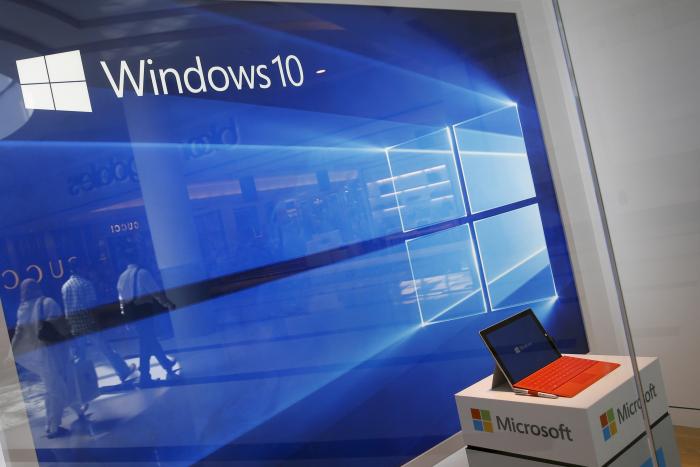
All next-generation processors built by Intel, AMD, Qualcomm, or others, will only support Windows 10, Microsoft confirmed in a recent blog post. That means if you buy a PC with these upgraded chips—Intel's "Kaby Lake," Qualcomm's "8996," and AMD's "Bristol Ridge"—they will only run Windows 10; you can't downgrade to Windows 7 or 8.1.
"Going forward, as new silicon generations are introduced, they will require the latest Windows platform at that time for support," wrote Microsoft's executive vice president of the Windows and Devices Group, Terry Myerson. "This enables us to focus on deep integration between Windows and the silicon, while maintaining maximum reliability and compatibility with previous generations of platform and silicon."
If you have a PC running Intel's Skylake chips, meanwhile, Microsoft would also like you to upgrade to Windows 10 immediately. If that's not possible—perhaps your employer is not quite ready to upgrade the office—Microsoft said it will "deliver a list of specific new Skylake devices" that will support Windows 7 and Windows 8.1—but only until July 17, 2017.
Once we hit that date, "the most critical Windows 7 and Windows 8.1 security updates will be addressed for these configurations, and will be released if the update does not risk the reliability or compatibility of the Windows 7/8.1 platform on other devices."
I guest, more people will be switching to Linux based operating systems like Ubuntu, Debian, and Linux Mint when they find our their new PC which they build in the future does not work with Windows 7, and they hate the idea of switching to Windows 10 because of personal or usability problems with 10.
Newer CPU's not working with Windows 7 and 8.1 could also cause a lot of people to use older versions of CPUs to build their computer, and also save a little bit of money because older computer parts are usually cheaper.
Edited by Empire

